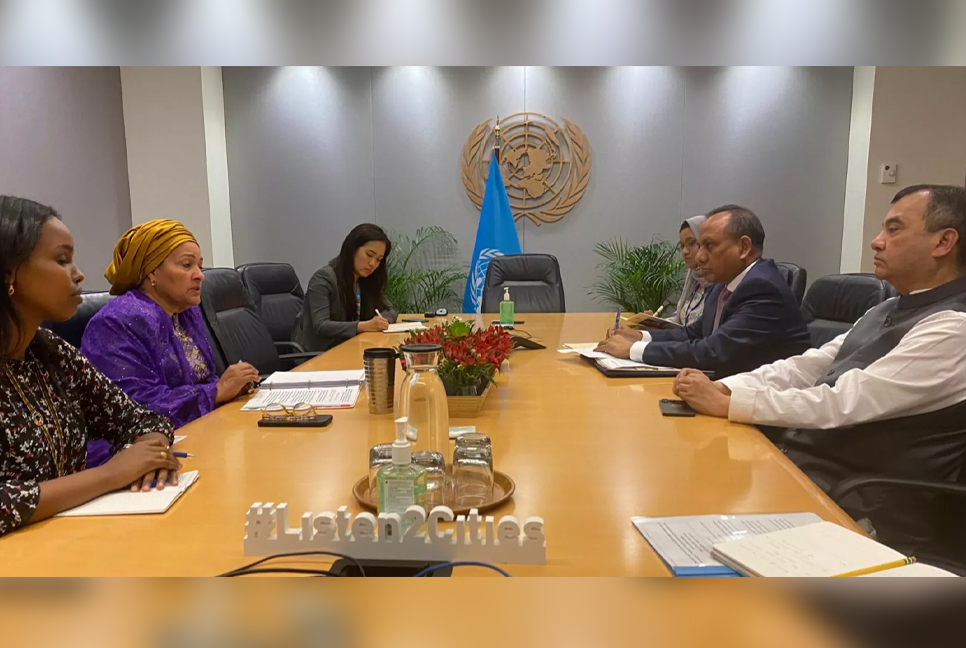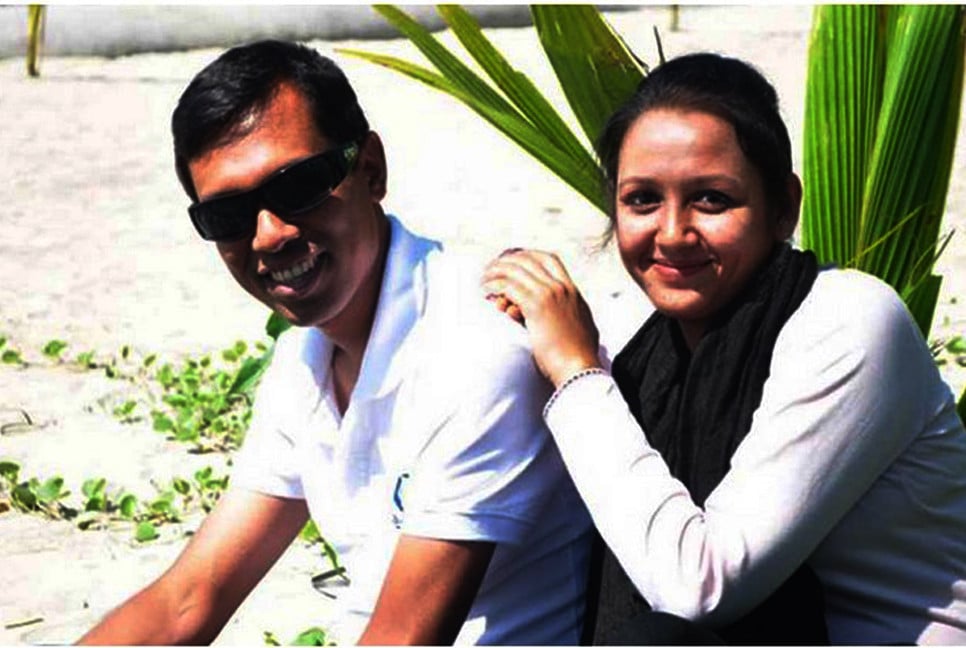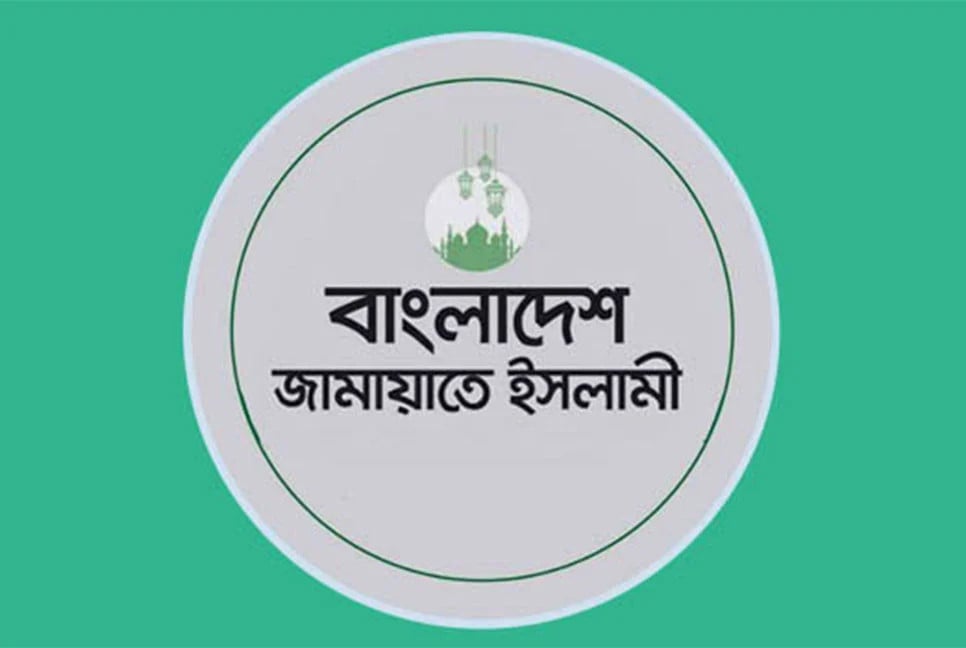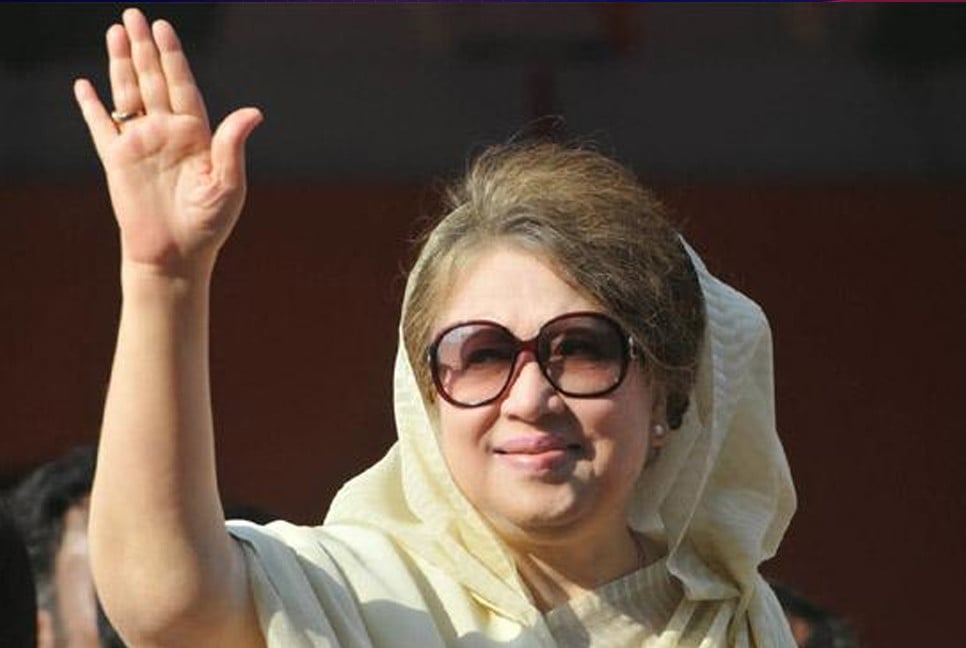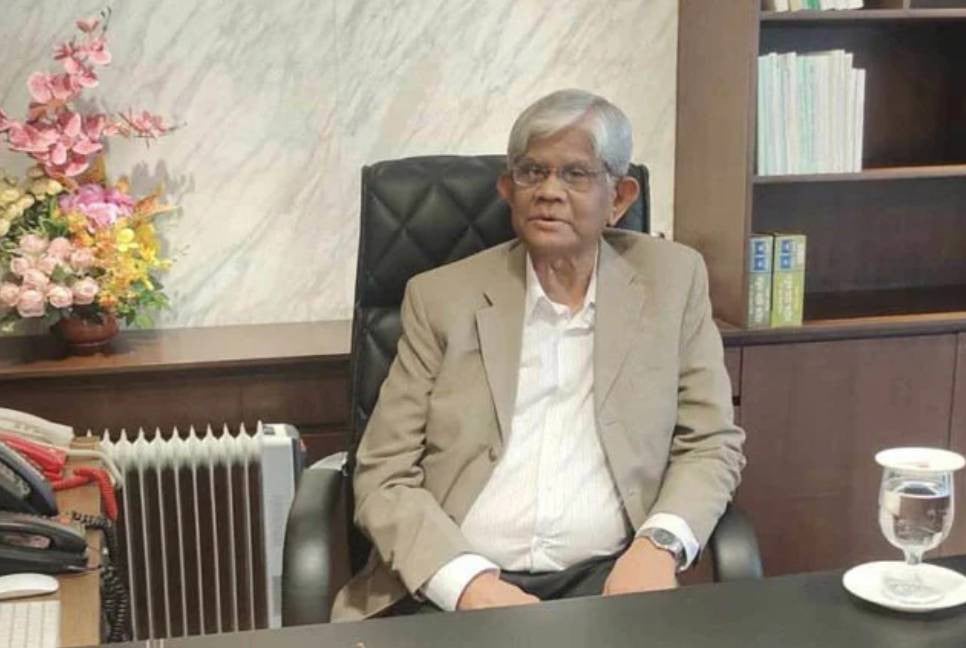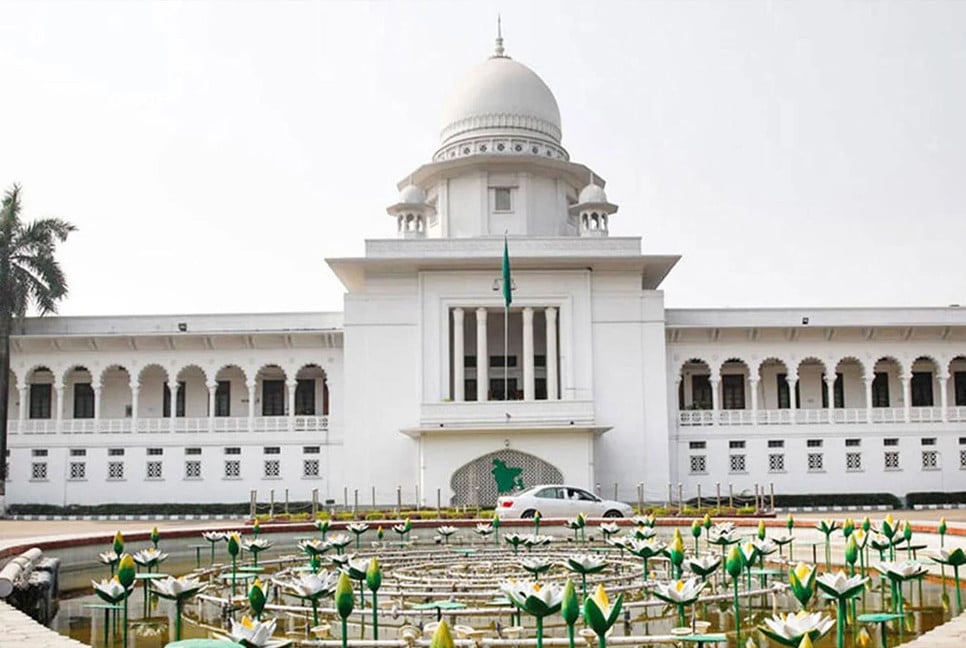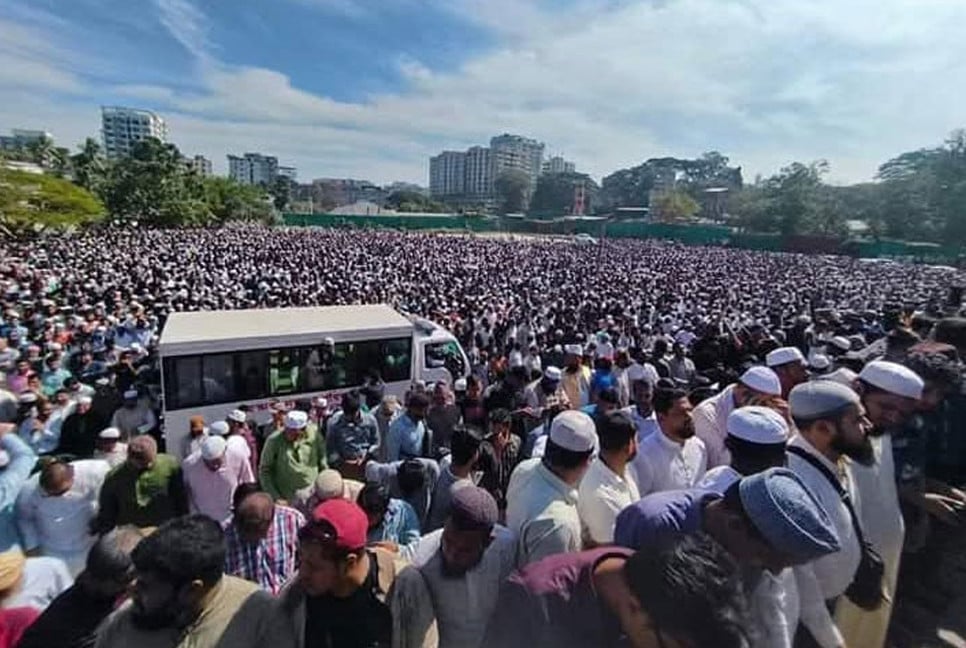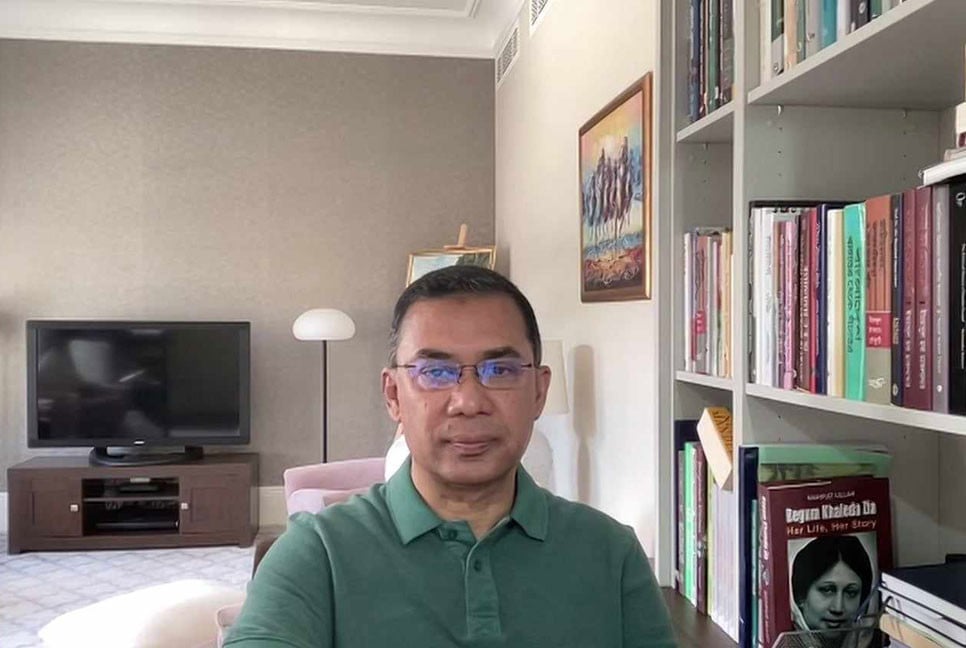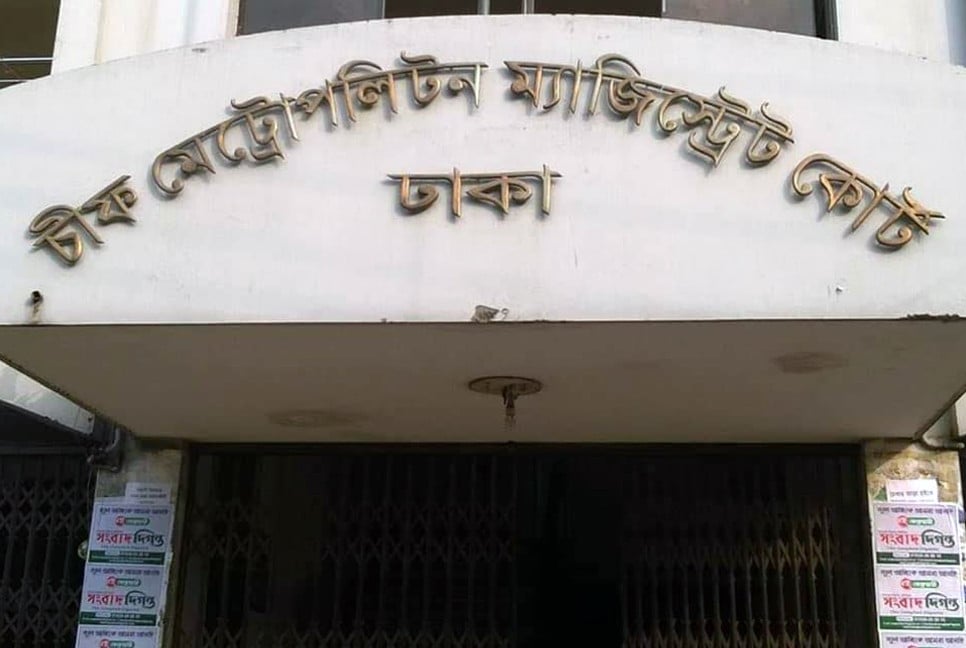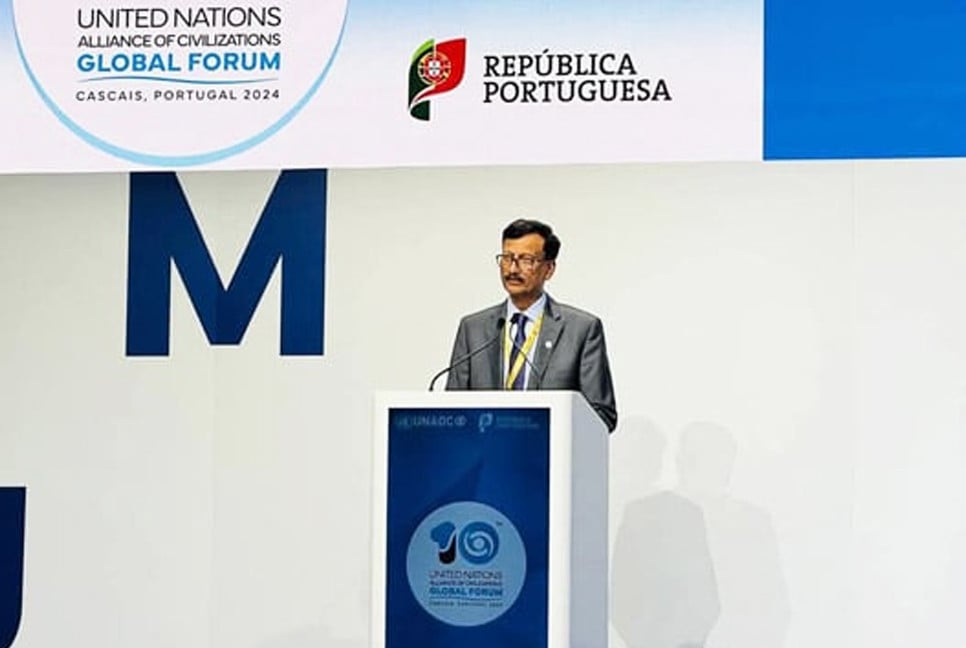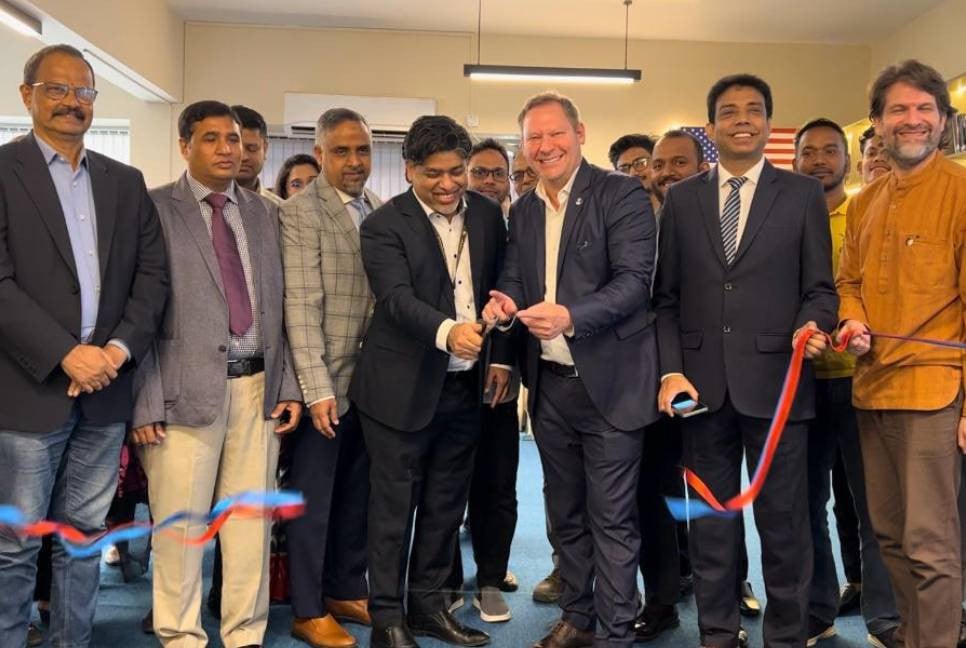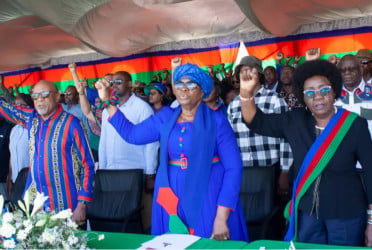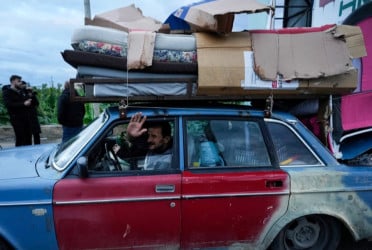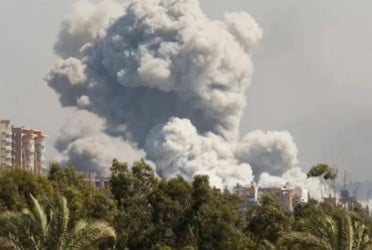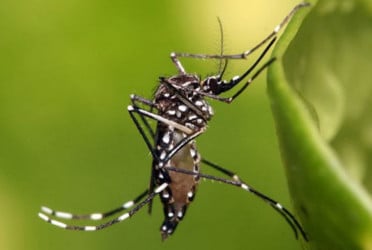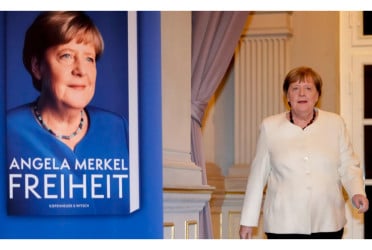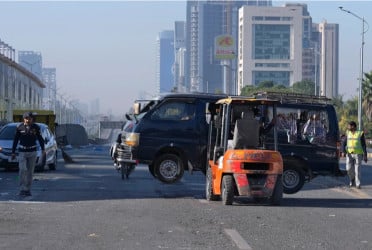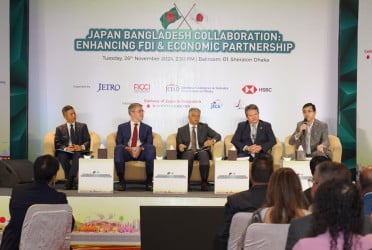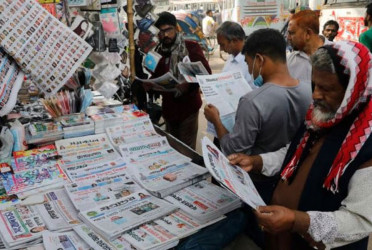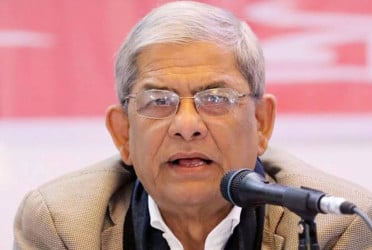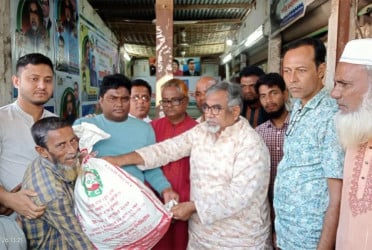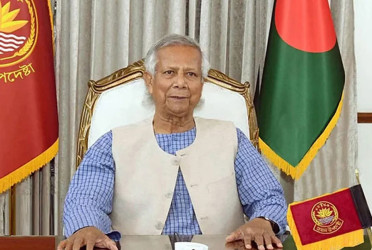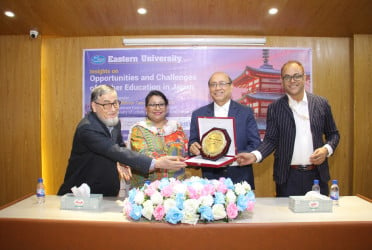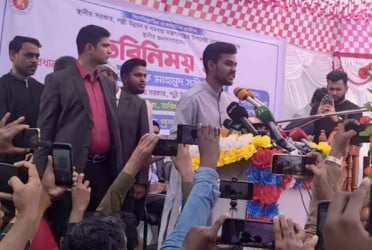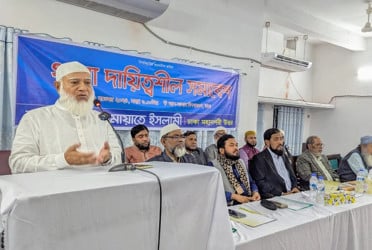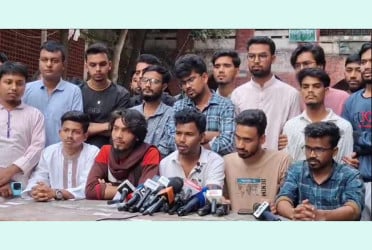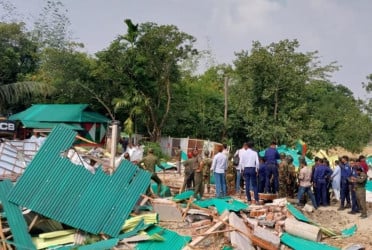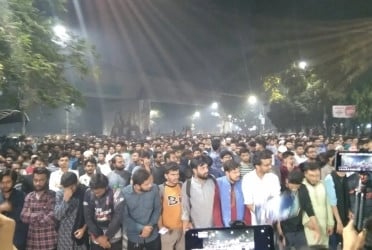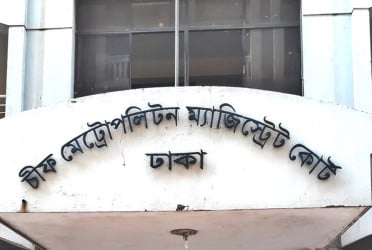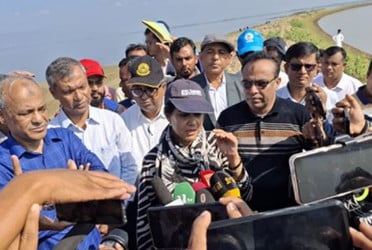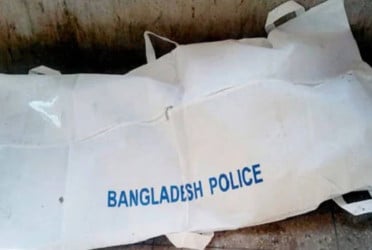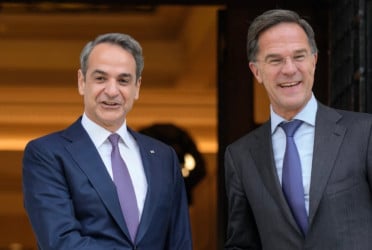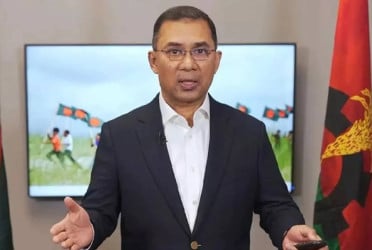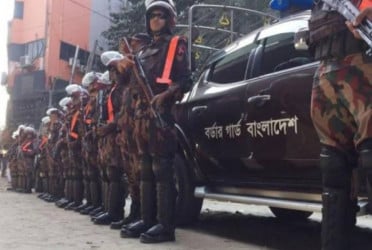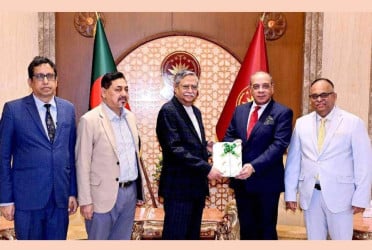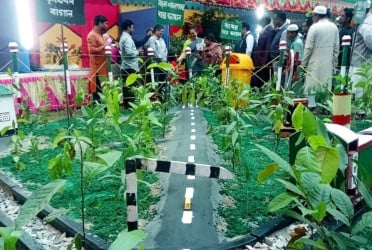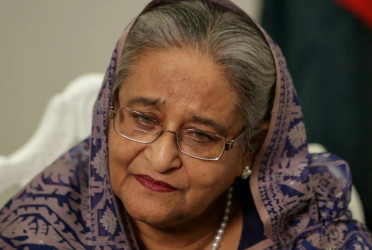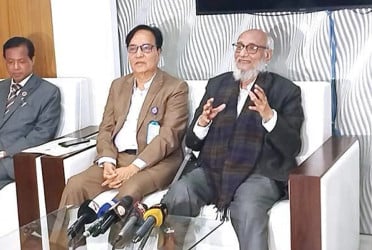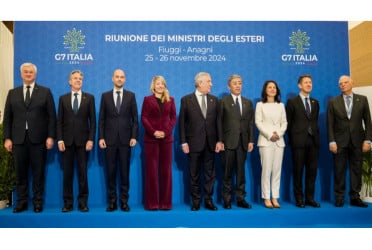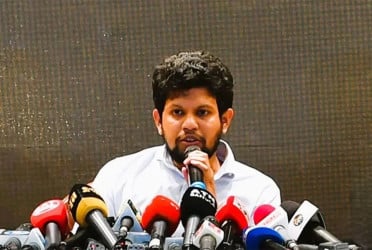Environment, Forest and Climate Change Minister Saber Hossain Chowdhury called upon the United Nations to be more responsive to the needs of the developing countries, especially the most vulnerable ones in addressing those challenges, reports UNB.
“For Bangladesh, issues like sea level rise, salinity intrusion and glacial melt are matters of survival. Time is running out. That’s what science tells us,” he said while talking to reporters after a meeting with Amina J Muhammad, the Deputy Secretary General of the United Nations at a bilateral meeting held at the UN Headquarters in New York recently.
The Deputy Secretary-General acknowledged Bangladesh’s significant progress under the leadership of Prime Minister Sheikh Hasina in achieving the global goals, particularly in the realm of climate change adaptation as exemplified by the implementation of its robust early warning systems.
These systems have greatly enhanced the country's disaster preparedness and resilience, serving as a model for other nations.
During the meeting the Deputy Secretary-General and the minister deliberated on the devastating impacts of climate change, ongoing conflicts, and other global challenges that are hindering the achievement of Sustainable Development Goals (SDGs) and emphasized the need for strengthened international collaboration to overcome these obstacles.
They also discussed how to amplify the voices of global South in climate negotiations, especially in Conferences of Parties to secure more funding to tackle impacts of climate change and support their green transition.
Earlier, Saber met with the Administrator of the United Nations Development Programme (UNDP) Achim Steiner and discussed areas of mutual cooperation.
The Administrator commended Bangladesh’s leadership in addressing climate change from a prosperity perspective and assured UNDP’s continued support in delivering on its climate promise based on the specific needs of Bangladesh.
Aside from that, the minister also met with Chun Kyoo Park, Head of the United Nations Office for Sustainable Development (UNOSD) to discuss potential cooperation in the areas of waste management including by building capacity of relevant national and local government institutions and supporting collection and analysis of relevant data.
Saber was accompanied by Ambassador Muhith, the Permanent Representative of Bangladesh to the UN in New York in all those meetings.
Bd-pratidin English/Tanvir Raihan

